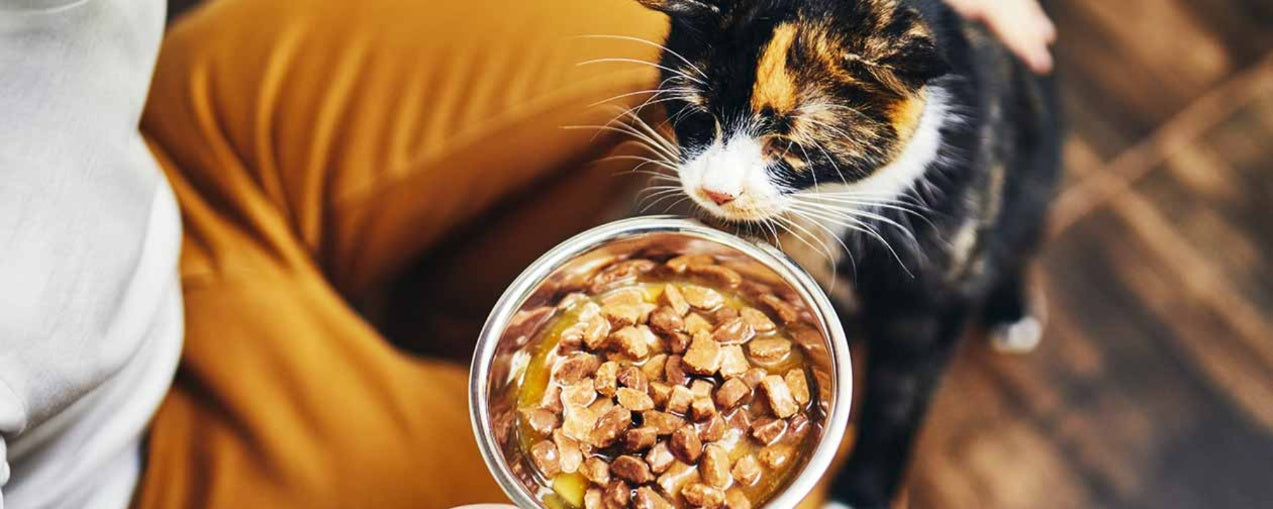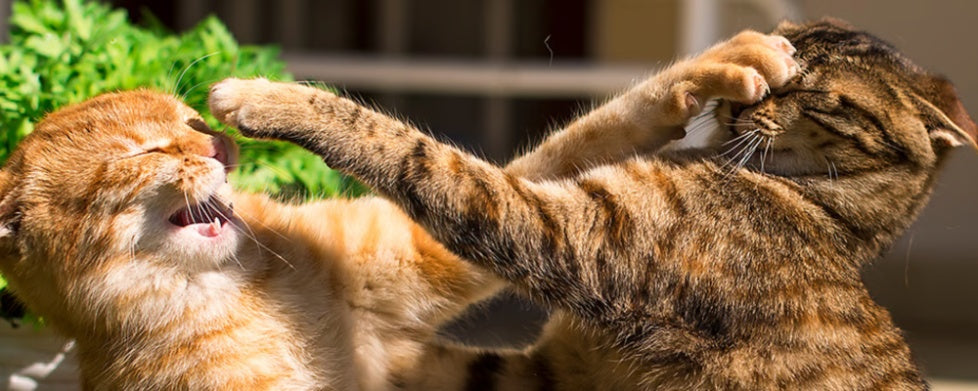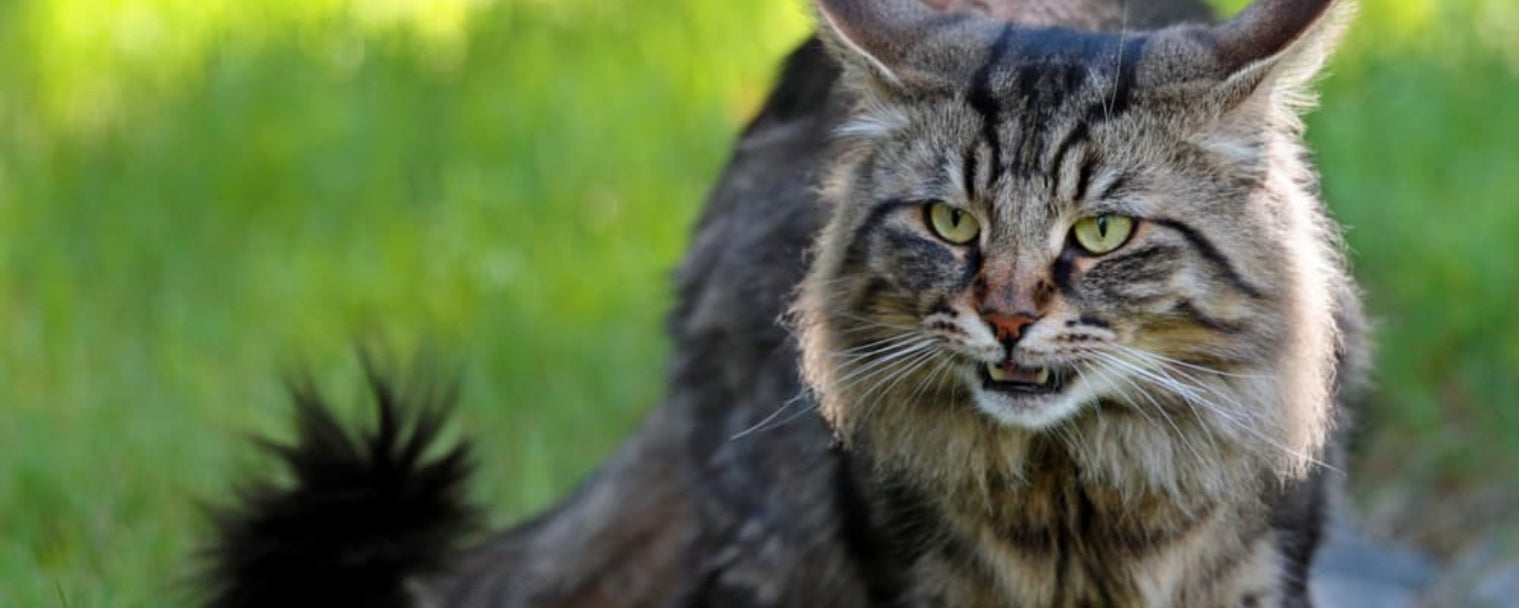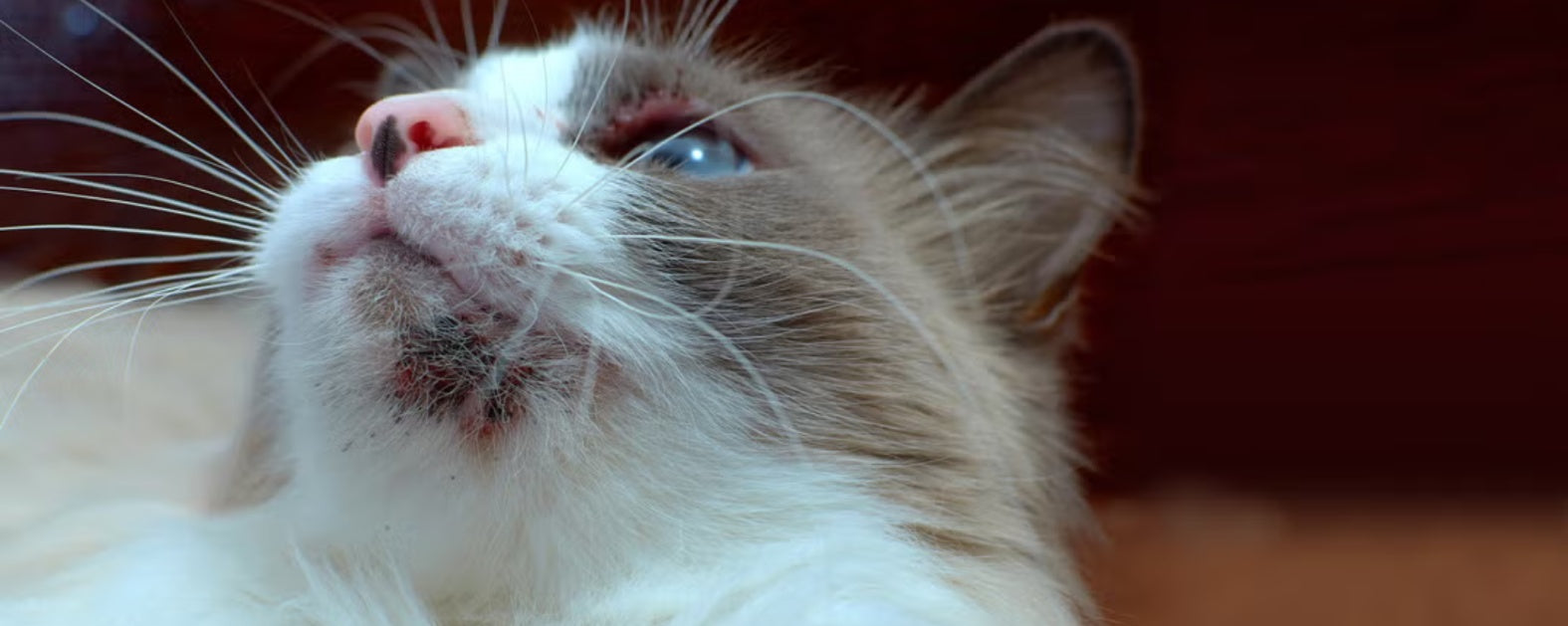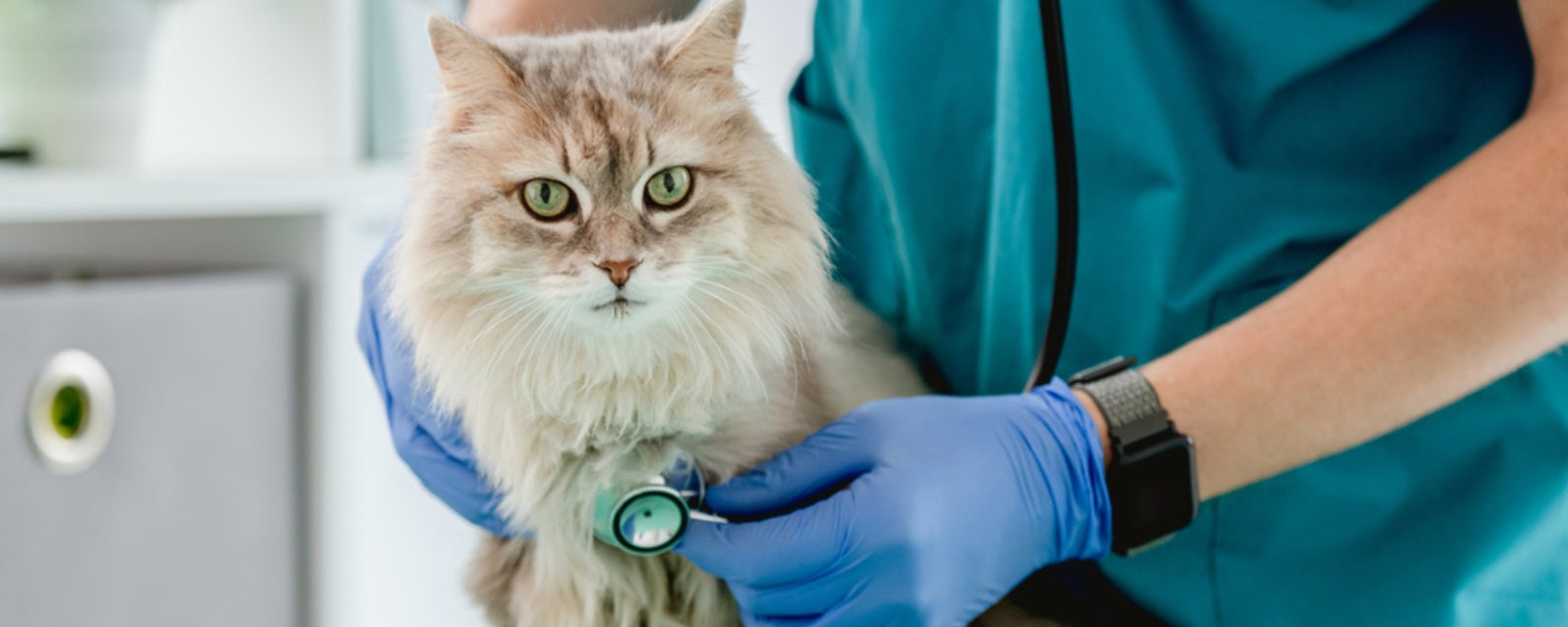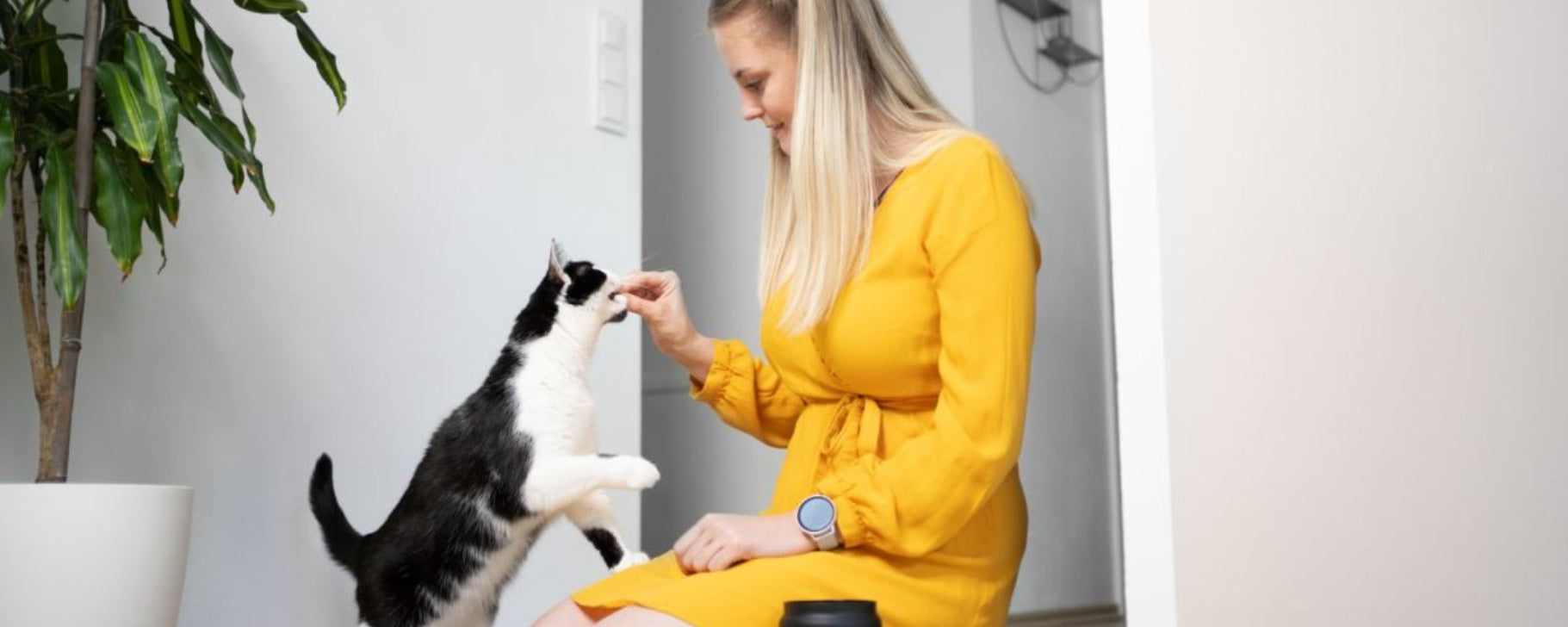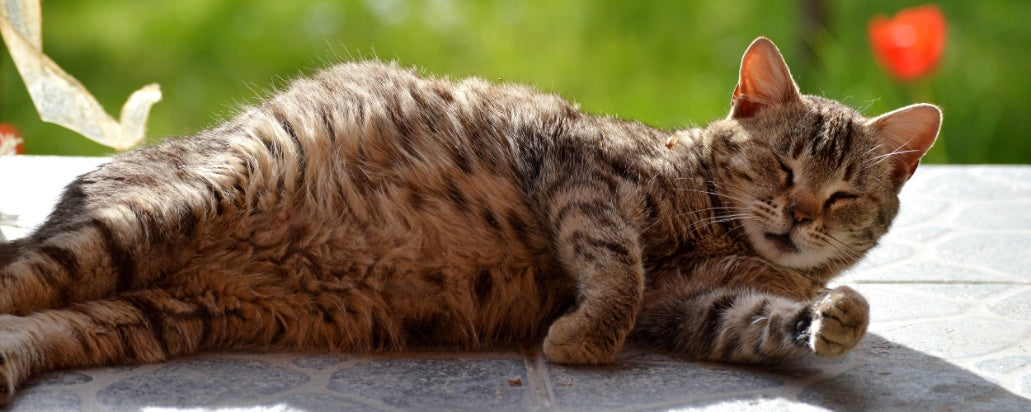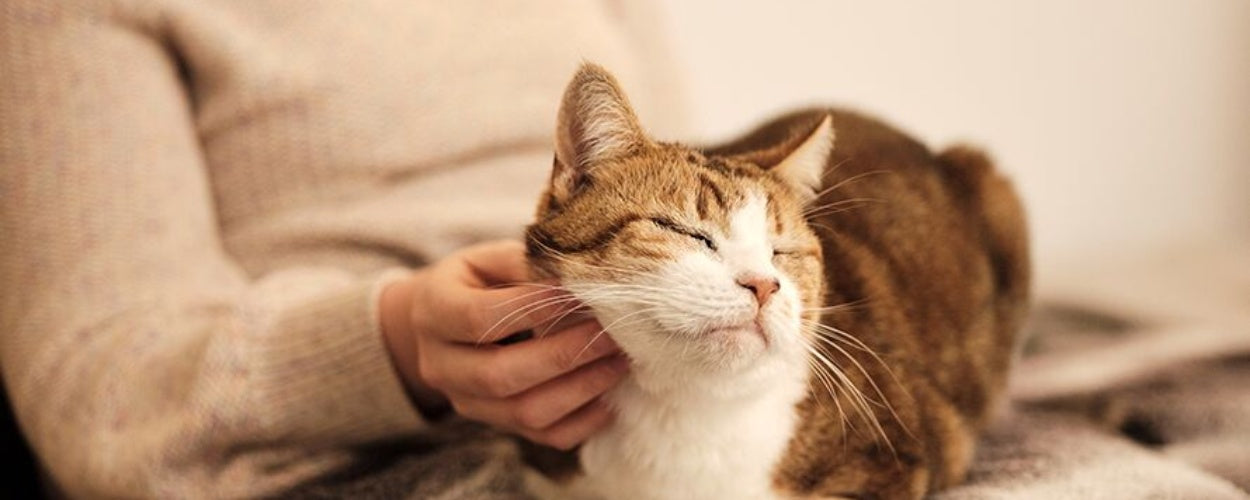In recent years, many pet owners have turned to homemade cat food as a way to ensure their cats receive high-quality, natural meals tailored to their unique needs. While the idea of crafting your cat’s meals may seem appealing, it comes with both benefits and challenges. Cats have highly specific dietary requirements, and meeting these through homemade food is not as straightforward as it may seem.
The Pros of Homemade Cat Food
Homemade cat food offers several advantages, particularly for owners who want full control over their cat’s diet. Let’s delve into the benefits:
1. Control Over Ingredients
One of the biggest advantages of homemade cat food is the ability to control exactly what goes into your cat’s meals. This is particularly useful if your cat has dietary sensitivities, food allergies, or specific ingredient preferences. You can eliminate artificial additives, preservatives, and fillers that are commonly found in commercial cat food.
2. Customization for Health Needs
Homemade diets can be customized to cater to your cat’s individual health needs. Cats with conditions such as kidney disease, diabetes, or obesity may benefit from meals tailored to their specific nutritional requirements. A vet-prescribed homemade diet can help manage these conditions more effectively than some over-the-counter options.
3. Higher Food Quality
When you prepare your cat’s food at home, you can select fresh, high-quality ingredients, ensuring your pet consumes meals free from questionable by-products or low-grade fillers. For some owners, this peace of mind is a key reason to switch to homemade diets.
4. Appeals to Picky Eaters
If your cat is a picky eater, homemade food may encourage better eating habits. Freshly cooked meats, free of additives, are often more palatable and easier for cats to accept compared to some commercial options.
5. Transparency
When you prepare your cat’s meals, you know exactly what they are eating. This transparency can give owners confidence, particularly when commercial brands face recalls or controversies over ingredients.
The Cons of Homemade Cat Food
Despite the appealing benefits, there are significant challenges and risks associated with homemade cat food that owners should carefully consider:
1. Difficulty Achieving Nutritional Balance
Cats are obligate carnivores with highly specific nutritional needs, including amino acids like taurine, vitamins like A and D, and essential fatty acids. Meeting these needs through homemade food is complex and often requires precise supplementation. Many homemade diets fail to provide a complete and balanced nutritional profile, which can lead to serious health issues over time, such as heart problems, blindness, or immune deficiencies.
2. Time-Consuming Preparation
Making homemade cat food is a labor-intensive process. It involves sourcing high-quality ingredients, preparing meals in a hygienic environment, and accurately measuring portions to ensure nutritional adequacy. For busy pet owners, this commitment may not be sustainable in the long term.
3. Risk of Contamination
Homemade diets, especially raw food diets, pose a higher risk of bacterial contamination from pathogens like Salmonella or E. coli. Contaminated food can make both your cat and household members sick. Additionally, feeding raw bones can cause choking hazards or internal injuries.
4. Potential for Ingredient Substitutions
Substituting ingredients in a recipe may seem harmless, but it can drastically alter the nutritional content of the meal. For example, removing or replacing a protein source without accounting for lost nutrients may lead to deficiencies.
5. Cost
While homemade cat food allows for higher ingredient control, it can be more expensive than commercial food, especially when incorporating premium meats and supplements. For pet owners on a budget, the costs of maintaining a nutritionally balanced homemade diet may outweigh the benefits.
6. Lack of Regulation
Unlike commercial cat food, which is formulated according to established nutritional guidelines (such as those from AAFCO), homemade cat food lacks standardization. This makes it difficult to guarantee that the diet meets all of your cat’s dietary requirements unless overseen by a veterinary nutritionist.
Best Practices for Homemade Cat Food
If you decide that homemade cat food is the right choice for your pet, it’s crucial to follow best practices to ensure their diet is safe and balanced:
- Work with a veterinary professional to design recipes tailored to your cat’s specific needs. Avoid relying on generic online recipes that may not be nutritionally complete.
- Do not make substitutions or omit ingredients without consulting a professional, as this can disrupt the meal’s nutritional balance.
- Even the best homemade diets often require supplementation to provide nutrients like taurine, calcium, and vitamin D. These are essential for your cat’s health and cannot be obtained solely from food.
- Cooking the food ensures harmful bacteria are destroyed and reduces the risk of contamination. If feeding raw food, practice extreme hygiene and only use vet-approved recipes.
- To save time, consider preparing meals in batches and storing them in the freezer. Ensure proper portioning and labeling to maintain consistency.
- Regular vet check-ups are essential to track your cat’s health and ensure the diet is meeting their needs.
Conclusion
Homemade cat food offers several appealing benefits, such as control over ingredients, customization for health needs, and transparency. However, it also comes with significant challenges, including the difficulty of achieving nutritional balance, the time and effort required, and the risks of contamination or improper preparation. While it can be a worthwhile option for some cats, homemade cat food is not a decision to take lightly.
If you’re considering switching to homemade meals for your cat, it’s essential to consult a veterinarian or veterinary nutritionist to ensure the diet meets your pet’s specific nutritional requirements. With proper planning and oversight, homemade cat food can be a viable option for improving your cat’s health and well-being. However, for most cat owners, high-quality commercial cat food may offer a more practical and equally nutritious solution. Ultimately, the choice depends on your cat’s needs, your lifestyle, and your ability to commit to creating safe, balanced meals.

